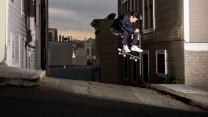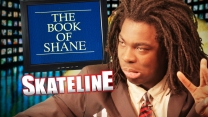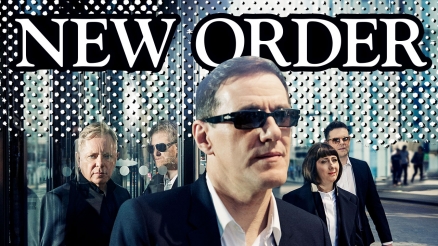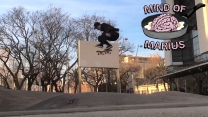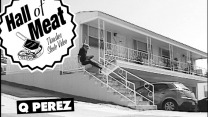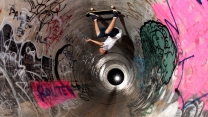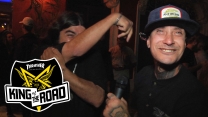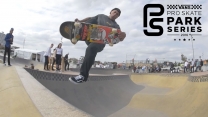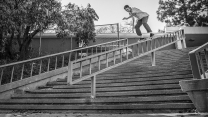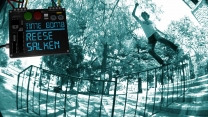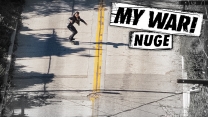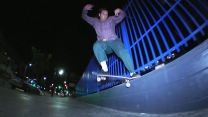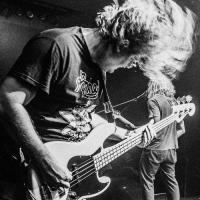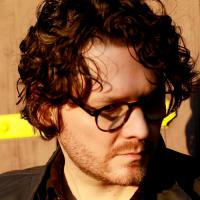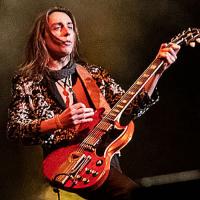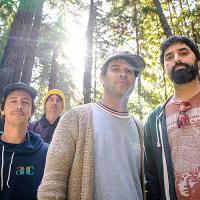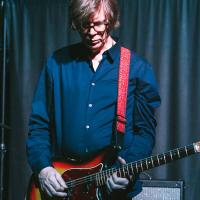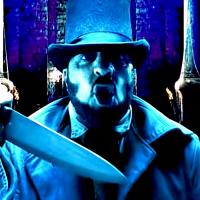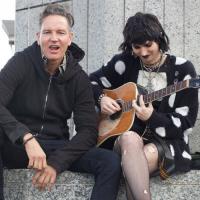New Order Interview
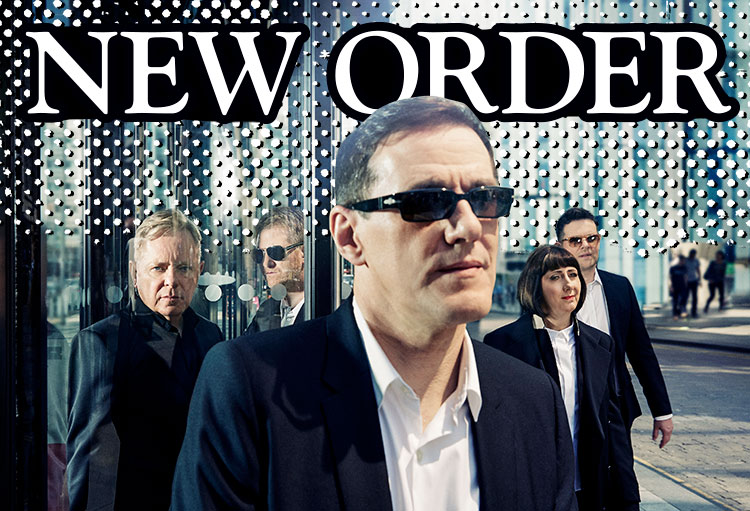
When New Order released 2015’s Music Complete, the group’s first album since 2013’s Lost Sirens, it was a bit of rebirth, but definitely another chapter. Original bassist Peter Hook, who had been with New Order since 1980, was gone and a new lineup emerged, which included founding members Bernard Sumner, Stephen Morris and Gillian Gilbert, alongside Phil Cunningham and Tom Chapman. New Order rose from the ashes of Joy Division after lead singer Ian Curtis committed suicide at the age of 23. His passing naturally devastated the group, but the remaining members forged ahead and released 1981’s Movement under the New Order moniker.
Power, Corruption & Lies followed in 1983, an album that established their brand of post-punk dance music and cemented their longtime legacy. Sumner opens up about Curtis’ death and how he carried on after his passing. —Kyle Eustice
What was it like growing up in Manchester during the ‘70s and ‘80s? What was the musical climate like in your area?
I really didn’t like the stuff I grew up with as a teenager in the ‘70s. I didn’t like much about the style. There are two decades I don’t like, which are the ‘60s and the ‘70s. I don’t get on with those decades. I remember The Beatles, The Stones and I thought that as great, but the ‘70s seemed grim and like everybody had run out of ideas. Then punk came along and it was a breath of fresh air, really.
What did you think of the glam-rock that was coming out of England during the ‘80s? Bowie? Roxy Music?
Those are two good examples. David Bowie, I liked. Chic, I liked. There was some cheesy commercial stuff that was too sweet for me. The kind of stuff you’d see on Top of the Pops or hear on mainstream radio. I liked Marc Bolan because he played cool guitar. Then there was stuff that was based on virtuosity like progressive rock and how many notes you could play in 10 seconds. Or you had to know how to do keyboard gymnastics. That was a turn off for me. When punk came along, it kind of got rid of all that. The thing that people miss about punk is it wasn’t serious. Back then, it was about young people having fun and not taking yourself too seriously. That appealed to me because it took the pressure off. I already had pressure at school. Punk was about taking the heat off of young people and saying, “Fuck everything. Just have a good time.” That appealed to me. Don’t take life too seriously, don’t take your job so seriously, get out and embrace the world.
How did you meet Ian?
I remember going to Ian Curtis’ house the first time. It wasn’t the first time I’d met him mind you, because I’d met him at concerts. But it was more like, “Oh, hi. How ya doing?” Very brief. Then we were trying to find a singer and we got a load of lunatics who were applying, but then one guy came through and it was Ian. I was, like, “Oh, you’re Ian. I met you at some punk club.” He said, “Yeah, that was me,” and I said, “Okay, you’ve got the job.” He wasn’t a lunatic, or at least I didn’t think he was a lunatic.

Then what happened?
I went to his house because people did that before the Internet. I had a motorcycle at the time. I went in to hear Iggy Pop’s new album.
I hadn’t heard Iggy before. I was blown away.
What did it feel like when you learned of his passing?
Earth shattering, really. It still affects me to this day. I think about it often. It’s never easy. It was a shock. Even though Ian had tried to commit suicide before, we didn’t look at it as a call for help. We never thought he would actually do it. When we found out that he had, I remember the room just spun upside down.
Why do you think he did it?
You have to remember that Ian was very ill. He was on a lot of drugs from the doctor. In those days, they weren’t good. The drugs he was on were heavy barbiturates and I think they had a role in his death. You’d meet him one day and he was happy and laughing, but then the next day he’d be crying. It was a combination of what was going on in the outside world and what was going on inside him, chemically. These controlled drugs that were trying to control his epilepsy. It had to be said that Ian was a bit of a wild card.
Why did you decide to carry on with New Order?
Well, we didn’t want to go back to school! We had quit our jobs and were faced with the life of a rock musician. We didn’t want to go back to being normal. We were outsiders by nature. The thought of having, not a job, but a career, just didn’t appeal to us because of our nature. We were crap at school, as well. Probably the fact that we didn’t have any qualifications and were crap at school was the real reason, but I liked the outsider story more.
Does fame bother you?
It’s not like being David Beckham or Prince William. It’s not that bad. I’m not that famous where I have to walk around in a mask while shopping. Usually people are really, really nice, but it’s not what I became a musician for. I’ve been careful about too much of that. I don’t like being in the limelight. I don’t want to be too famous. There’s a point where being just a little bit famous is pretty cool.
Check out Van Wastell's part from Gnar Gnar featuring New Order's "Dreams Never End"
